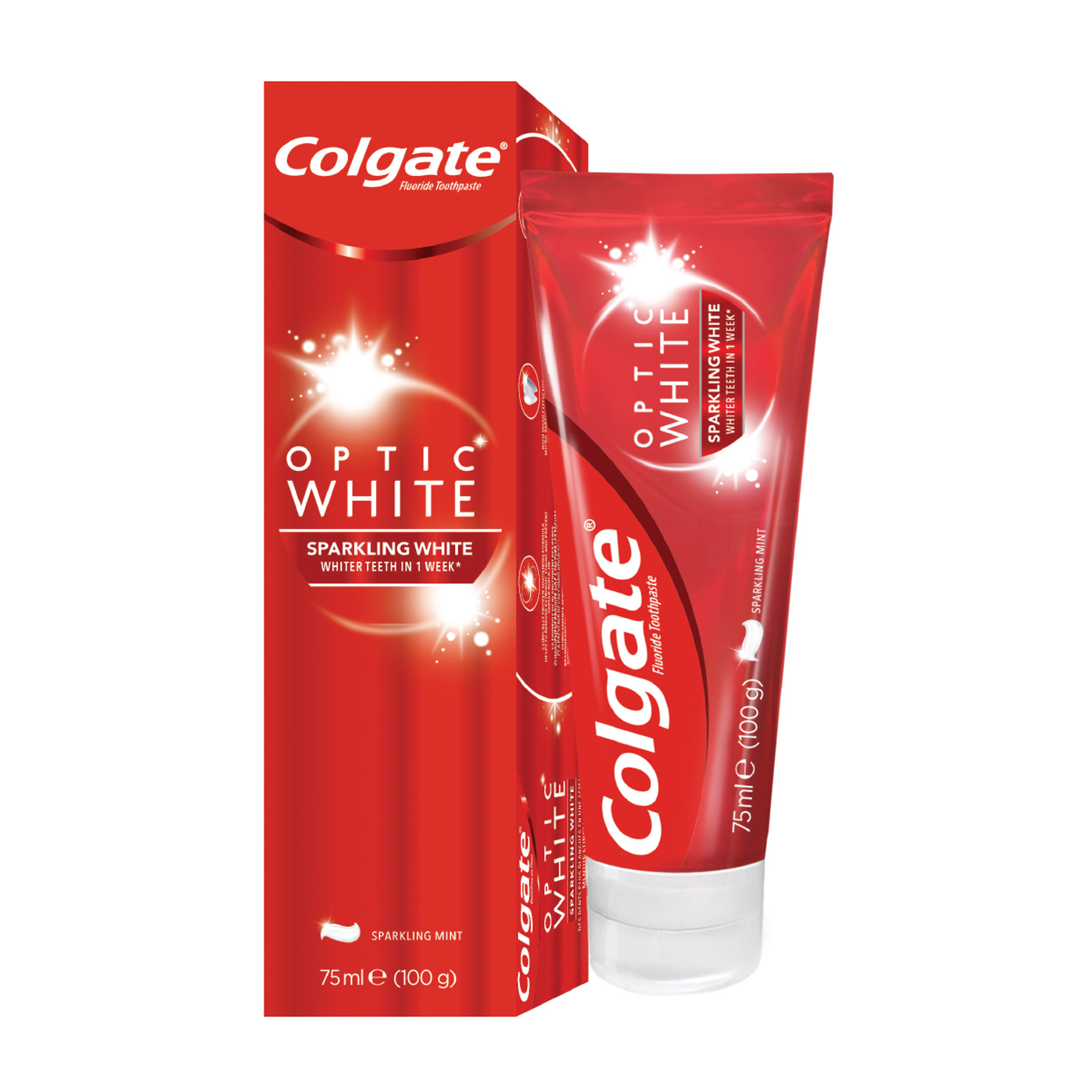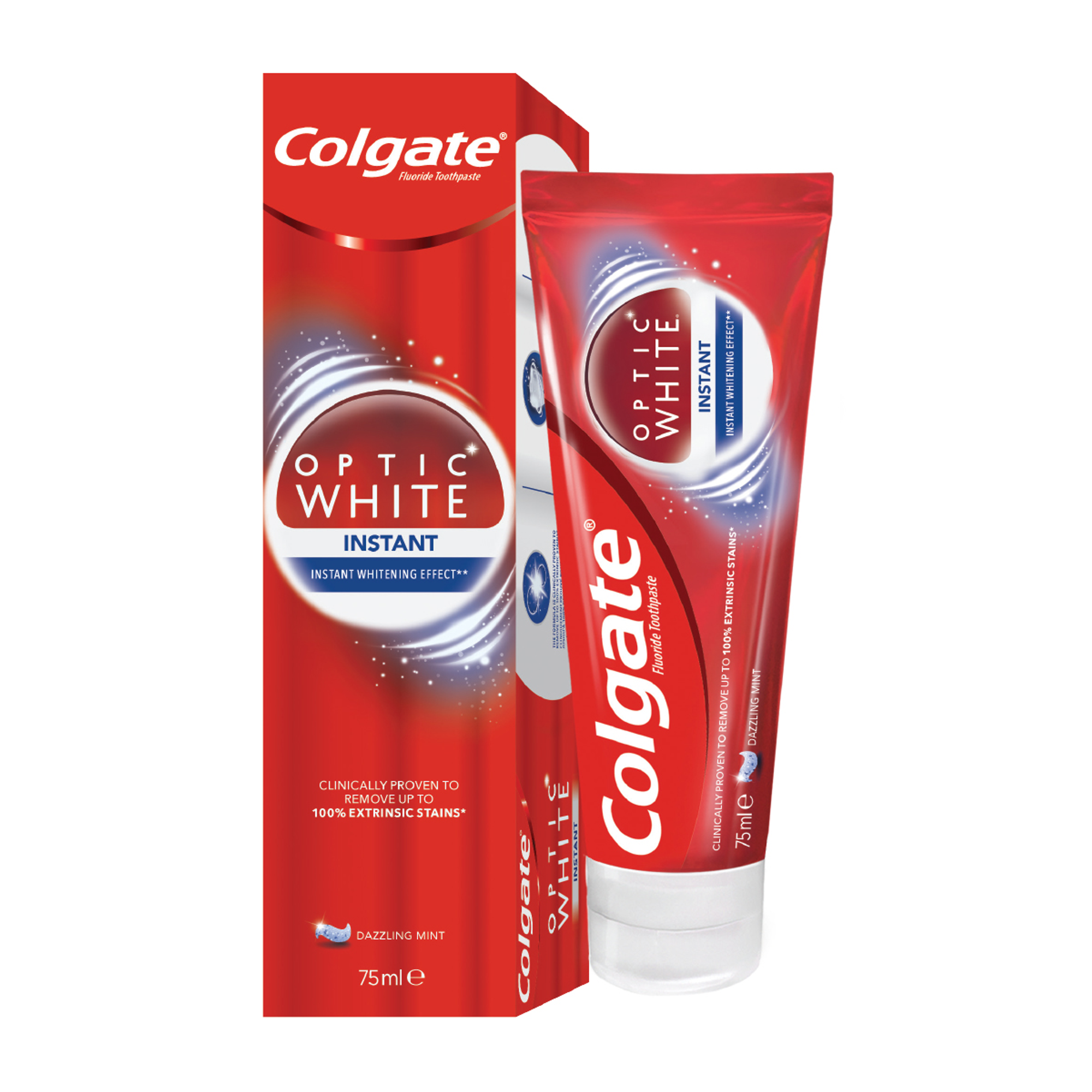-
-

CAVITIES
Can You Heal A Cavity At Home?You feel a sharp pain when you bite down or try to eat. You think it's a cavity, but you're not 100 percent sure...

BAD BREATH
How To Cure Bad BreathMore commonly known as bad breath, halitosis is an embarrassing hygiene issue that nobody wants, but some of us get every now and then...
-
Science & Innovation
- Colgate® | Toothpaste, Toothbrushes & Oral Care Resources
- Oral Health
- What A Tooth Sensitive To Pressure Means For Mouth Health


Why Does My Tooth Hurt When I Put Pressure on It?
The most common reason you might be experiencing pain when you put pressure on that tooth is tooth sensitivity, known more specifically as dentin hypersensitivity. Dentin hypersensitivity is caused when the protective outer layer of the tooth (the enamel) is eroded, leaving the sensitive layer under your tooth enamel (the dentin) vulnerable and exposed. Exposure of the dentin can be due to the loss of hard dental tissue (erosion or abrasion) or soft tissue (gingival recession). As a result, the dentinal tubules or holes are vunlerable when you bite into food or apply any other kind of pressure to the tooth, triggering the painful response.
Dentin sensitivity is not the only thing that can cause pain when you bite down or touch your tooth. This symptom could be caused by cavities, a loose filling, or a cracked tooth. It’s also possible that the damage goes beyond the dentin and affects the pulp tissue inside the tooth.
What Treatment Options Are Available to Me?
Since the pain you’re experiencing could be caused by various things, you must consult your dentist as soon as possible. A dentist will determine if your symptoms are being caused by tooth sensitivity or if it’s something else. If you are experiencing tooth sensitivity, your dentist might recommend using a solution that can help the tooth be less sensitive and provide pain relief, or provide options that can be applied in-office.
Consulting with your doctor can also help you figure out if you have a cavity or if you need to replace a crown or a filling. Those procedures can take care of the pain symptoms you’re experiencing.
If your tooth is cracked, your dentist will determine if that crack has extended into the pulp. If it has, the American Association of Endodontists (AAE) recommends that the tooth be treated with a root canal procedure. A crown is usually placed over it to protect the crack from spreading. Early diagnosis is key here – it can help save your tooth. That’s why it’s essential to see your dentist regularly. They might notice a problem with your teeth that you were unaware of and help you get treated.
Aside from seeing your dentist regularly, it’s important to keep up a good oral care routine. This should include brushing twice a day and cleaning between your teeth daily with floss or another interdental cleaner. Brushing your teeth correctly is also important to ensure you don’t wear down your enamel and gums.
If your tooth hurts when you put any pressure on it, it’s normal to feel concerned. While many different things could trigger this symptom, the good news is that your dentist can help you figure out what is causing this problem. And remember, urgency is key here. The sooner you get to the dentist’s office, the quicker you’ll get some relief!
Related Articles
Related Products

Helping dental professionals
More professionals across the world trust Colgate. Find resources, products, and information to give your patients a healthier future











